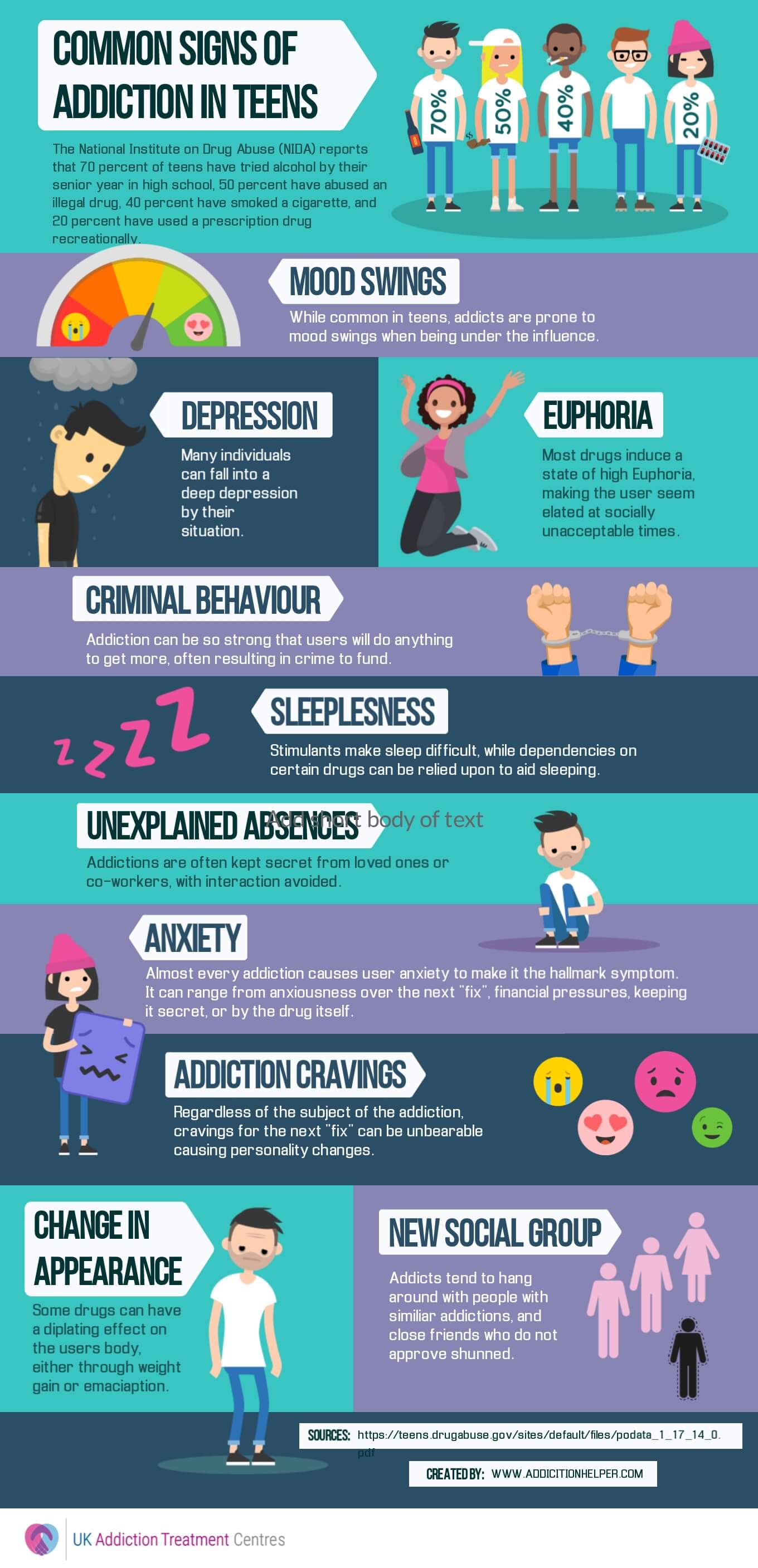Handling Triggers And Cravings After Drug Rehabilitation
Handling Triggers And Cravings After Drug Rehabilitation
Blog Article
Writer-Bek Cash
You've completed Drug rehab and taken a considerable action towards a much healthier lifestyle. But now, facing triggers and desires post-rehab can be a tough journey. How do you navigate with these minutes without compromising your development? Comprehending the approaches to cope with triggers and desires is vital in keeping your sobriety. Allow's discover effective ways to handle these obstacles and safeguard your newly found dedication to living a drug-free life.
Identifying Triggers and Desires
To properly manage your triggers and food cravings, start by acknowledging the scenarios or feelings that cause your need to use. Take a minute to review what scenarios or sensations trigger your cravings. Is it tension, boredom, social scenarios, or specific places? By identifying these triggers, you can much better prepare yourself to handle them.
Triggers can be both inner, such as negative feelings or physical discomfort, and exterior, like being around people that use substances or going to a particular location.
Pay attention to patterns in your yearnings-- are they extra frequent at certain times of the day or in response to particular events?
Structure Healthy Coping Techniques
Determining your triggers and desires is the first step in the direction of structure healthy coping techniques to handle them effectively. Once you recognize what scenarios, feelings, or individuals trigger your food cravings, you can start developing a plan to address them.
One efficient method is to replace adverse actions with positive ones. For example, if stress and anxiety triggers yearnings, exercising relaxation techniques such as deep breathing or meditation can aid. Participating in physical activities such as workout or opting for a stroll can also be a terrific means to cope with desires.
Another vital element of structure healthy and balanced coping methods is to create a supportive environment. Border on your own with individuals who understand your journey and can offer motivation and responsibility. a fantastic read to establish borders with individuals that might not support your recuperation.
Additionally, establishing a routine that consists of healthy and balanced routines like routine workout, appropriate nutrition, and sufficient sleep can aid you stay on track and lower the probability of experiencing triggers and yearnings.
Looking For Assistance and Responsibility
Developing a network of supportive people who can supply inspiration and hold you answerable is important in handling triggers and cravings efficiently. Choose buddies, family members, or a support group that understand your journey and can provide guidance when you face tough scenarios.
Having somebody to talk with during minutes of temptation can make a significant difference in remaining on track with your recuperation. Responsibility companions can assist you stay concentrated on your goals and advise you of the reasons you picked to look for help in the first place.
They can also assist in creating a structured plan to manage triggers and yearnings, such as developing alternate tasks or dealing devices to change the urge to make use of medicines. Normal check-ins with your support system can give reassurance and inspiration, aiding you feel much less separated in your recovery journey.
Conclusion
Remember, recognizing and dealing with triggers and desires after Drug rehab is a key element of keeping sobriety.
By recognizing your triggers, building healthy coping techniques, and seeking support from enjoyed ones or support system, you can navigate through difficult moments and remain concentrated on your soberness objectives.
Keep in mind, you aren't alone in this journey, and with the right devices and assistance, you can get rid of temptations and live a fulfilling, drug-free life.
Keep strong and keep moving forward.
